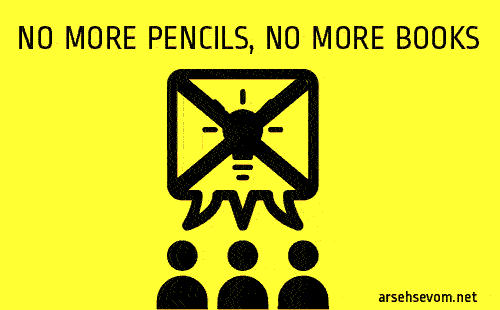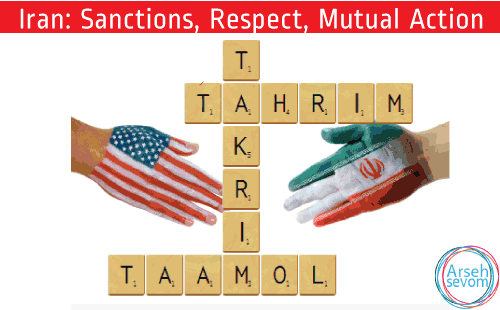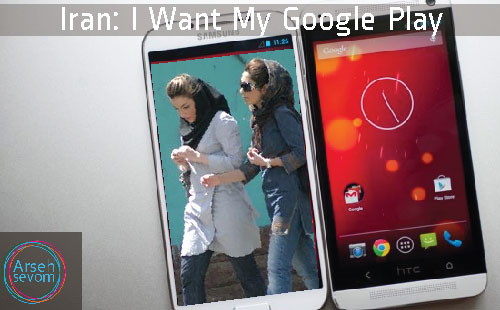
Round-up of News and Opinion
July 13, 2011
Arseh Sevom Annual Report, 2010
December 30, 2011Arseh Sevom. October 2011. The UN Special Rapporteur has released an initial report on the human rights situation in Iran. The report highlights several disturbing trends, which serve to cripple civil society activism. These include:
- Exorbitant bails: Often individuals face bail amounts so high that they or their families are forced to hand over the deeds to their houses. These deeds often remain in the hands of the authorities even after defendants are acquitted or released. This means that families and individuals no longer have control over their financial assets.
- Persistent punishments: The effect of these exorbitant bails and the retention of deeds is a muzzling of civil society actors. In addition, some have faced life-long bans on their activities even after release.
- Lack of due process: Reports show that prosecutors are aware of sentences before a defendant even appears in court for sentencing. There are multiple claims of the denial of due process and fair trials for both prisoners of conscience and criminal defendants.
- High number of executions: There has been an increase in executions in Iran. The punishment is often applied for non-capital crimes. According to officials in Iran, more than 200 executions have taken place in 2011.
- Muzzling activists and critics: The charges brought against critics of the regime include: “(a) acting against national security; (b) participating in an illegal gathering; (c) insulting the Supreme Leader; and (d) spreading propaganda against the regime.” Critics have found themselves imprisoned, harassed, and denied their rights.
- Religious intolerance: The Special Rapporteur expresses concern specifically over the case of the Protestant minister, Yousef Nadarkhani, who has been sentenced to death unless he renounces his faith.”This is an emblematic case of religious intolerance and State-sanctioned violations of the right to freedom of religion and belief, a fundamental freedom guaranteed by international instruments.”
- Denial of health care: In many cases, prisoners and activists are denied access to healthcare. In the case of the cleric Mehdi Karroubi, a leader of the political opposition who is under house arrest, authorities have prevented him from keeping medical appointments and have denied access to medication.
 The report shows a concerted effort to prevent dissent and the development of an independent civil society by severely punishing those who speak out or act in a way deemed inappropriate or threatening by the state. In many cases, punishment is exacted for activities that were once sanctioned. The report demonstrates a clear trend towards increased state violence and disregard for its own legal system and constitution.
The report shows a concerted effort to prevent dissent and the development of an independent civil society by severely punishing those who speak out or act in a way deemed inappropriate or threatening by the state. In many cases, punishment is exacted for activities that were once sanctioned. The report demonstrates a clear trend towards increased state violence and disregard for its own legal system and constitution.
It can be downloaded as a pdf by clicking here and read it in Persian by clicking here. You can also read a summary in Persian by clicking here.





